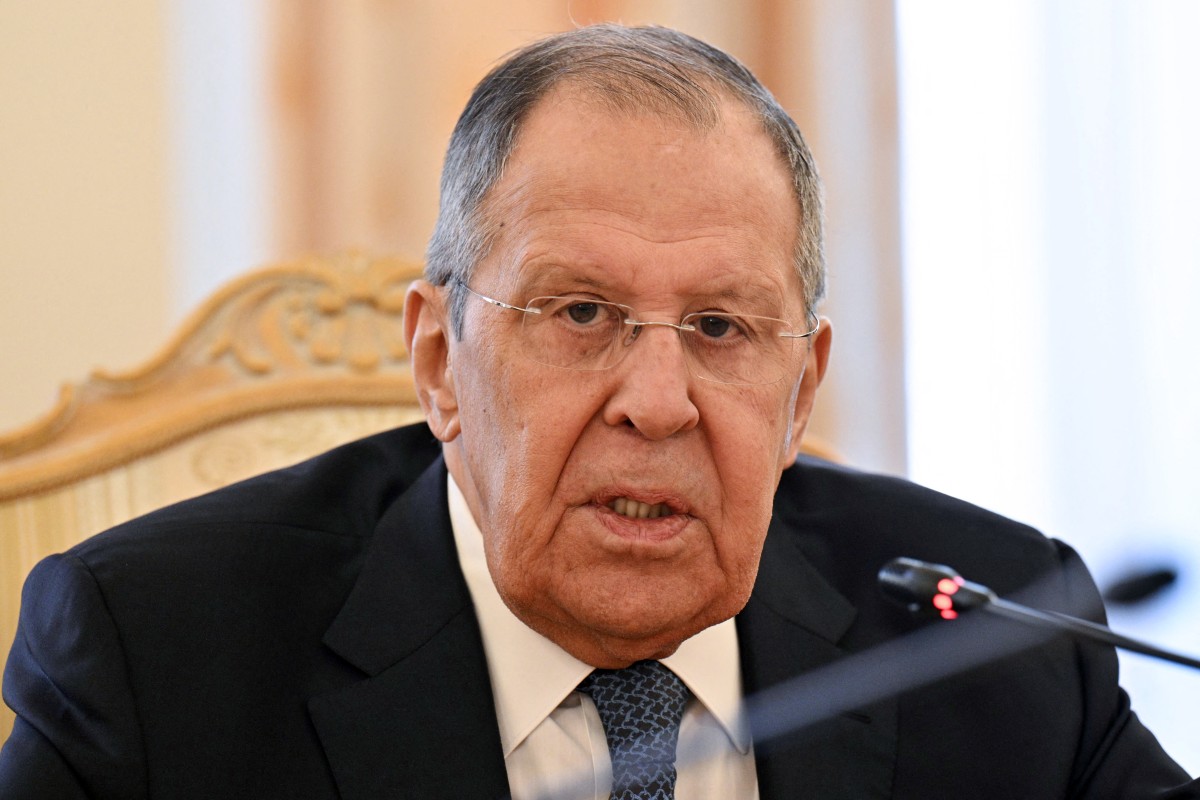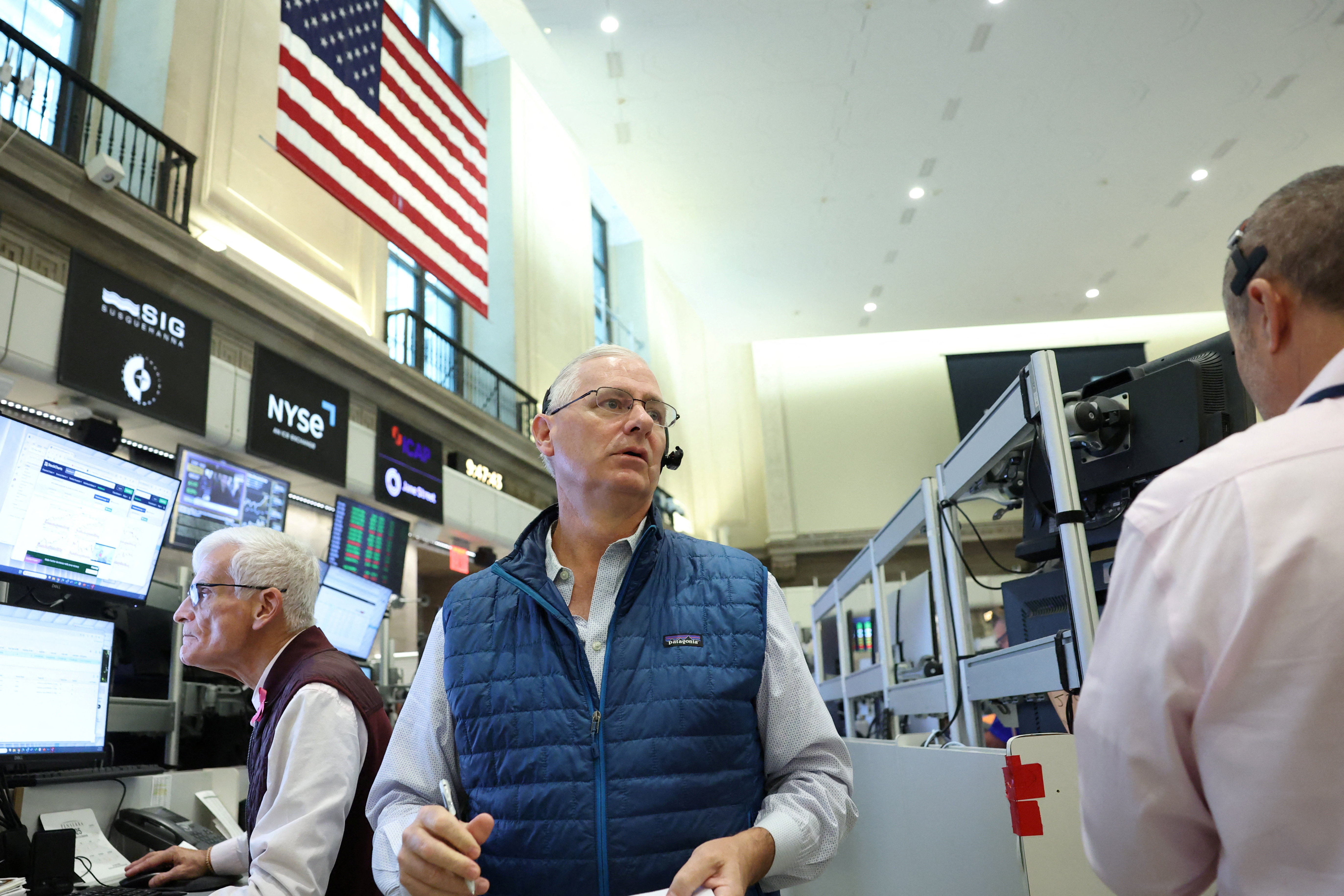Euro zone government bond yields fell to multi-month lows on Friday as US-China trade tensions and signs of credit stress in the US banking system weighed on risk sentiment, driving investors into safe-haven assets.
China on Thursday accused the US of stoking panic over its rare earth controls and rejected a White House call to roll back the curbs.
US bank stocks, including Zions Bancorporation, Jefferies and Western Alliance, fell sharply on Thursday as investors grew uneasy about risk in the sector, which has been shaken by exposure to two auto bankruptcies.
Germany’s 10-year Bund yields, the euro zone’s benchmark, were down 4 basis points to 2.53%, after hitting 2.524%, their lowest since June 25.
“Risk sentiment remains fragile, with US regional banks leading the move lower,” said Mohit Kumar, an economist at Jefferies.
“Investors are long in risk assets, and there are enough reasons to be concerned short term — valuations, AI bubble, politics. This makes investors sensitive to any negative headlines,” he added.
Money markets raised bets on European Central Bank rate cuts. They priced in about an 80% chance of a 25-basis-point cut by July EURESTECBM7X8=ICAP, up from around 65% the day before. The key rate is seen at 1.78% in December 2026 EURESTECBM10X11=ICAP from the current 2%.
Germany’s two-year yields DE2YT=RR, more sensitive to ECB rate expectations, dropped 5 bps to 1.87%, after hitting 1.869%, their lowest since July 24.
The yield gap between safe-haven Bunds and 10-year French government bonds DE10FR10=RR — a market gauge of the risk premium investors demand to hold French debt — widened 4 bps to 78.50.
It hit 87.96 bps earlier this month, the highest since Jan. 13, on concerns about the French fiscal outlook, but fell below 75 bps after French Prime Minister Sebastien Lecornu survived two no-confidence votes in parliament on Thursday.






